Choosing the right private primary school for your child is an important decision that can shape their academic journey and values during their most formative years. Private schools offer a variety of educational experiences, often providing specialized programs and smaller class sizes compared to public schools. When you’re searching for “private primary schools near me,” you’re seeking an environment where your child can thrive academically while also feeling part of a closely-knit community. Whether the school boasts academic excellence through advanced programs, or embraces a particular religious or value-based teaching approach, each private school has its own unique identity and educational philosophy.
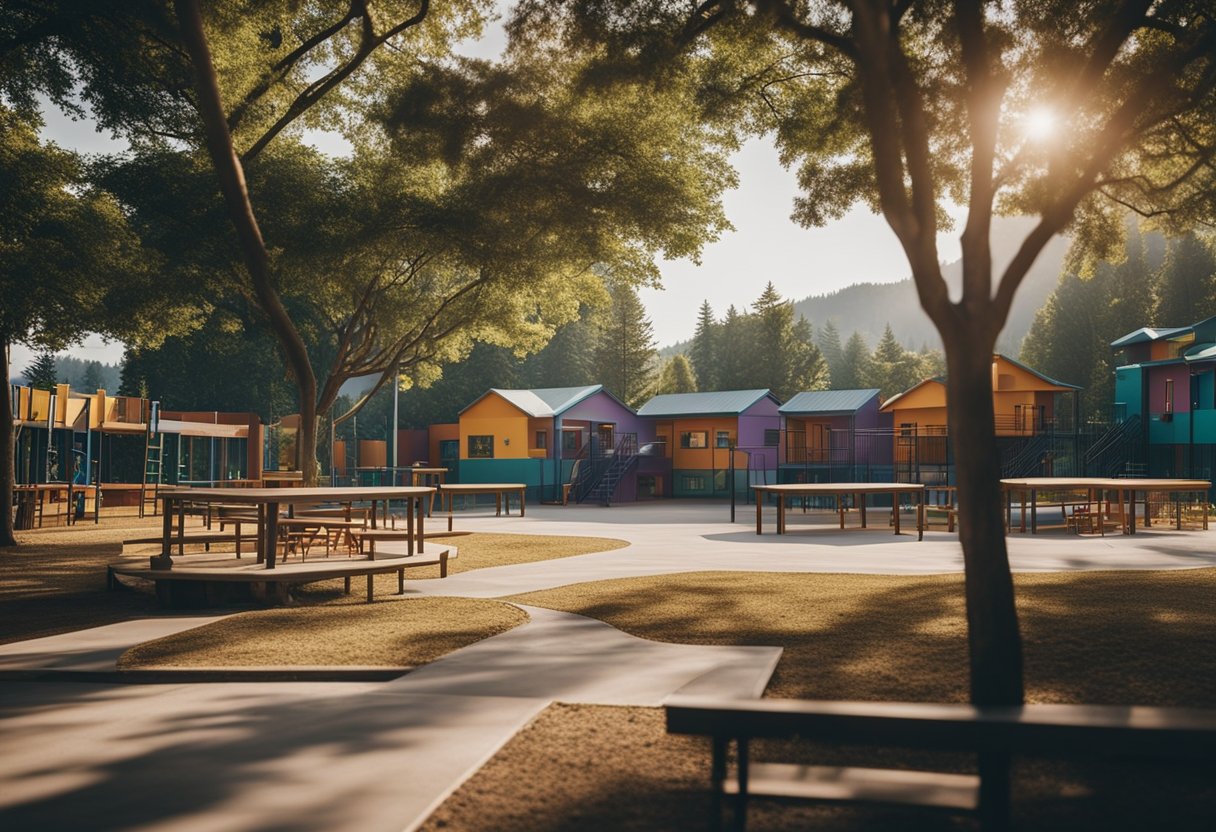
To navigate this vital choice, it’s essential to understand the admissions process, which can differ significantly from that of public schools. While public schools tend to have simpler enrollment based on your location, private schools can be more selective, often requiring applications, interviews, and sometimes entrance exams. It’s imperative to start this process early to ensure all requirements and deadlines are met. Remember to explore the community and environment of each potential school as it’s important that the school aligns with your family’s values and your child’s needs.
Key Takeaways
- Finding the right private primary school involves considering academic programs and community fit.
- The admissions process for private schools is often more comprehensive than public schools.
- It’s crucial to assess how a school’s values align with your family’s own.
Selecting the Right Private School
https://www.youtube.com/watch?v=zAn5ssZaGpc&embed=true
Choosing the right private school for your child is a significant decision that will impact their academic future. It’s important to weigh various considerations and examine the distinct differences between private and public education to determine the best fit for your family.
Factors to Consider
When searching for a private school, you should assess several key factors to ensure the best education for your child. Curriculum strength, class size, school location, and the availability of extracurricular activities are critical. Accreditation status is also important, as it reflects a school’s adherence to certain quality standards. Consider looking at available resources and how the school supports students individually to meet your child’s specific needs.
Private vs. Public Education
Private schools often offer more specialized programs and tailored educational experiences. They can vary from religiously affiliated institutions to schools focusing on arts or sciences. With typically smaller class sizes, they offer a more individualized approach to education. Comparing this with public education, you may find private schools offer a more competitive advantage with distinct teaching styles, facilities, or extracurricular offerings.
Reputation and Ratings
The reputation of a private school can be indicative of the quality of education and experience it provides. Research the school’s history, its alumni accomplishments, and its standing within the community. Ratings and reviews from other parents and educational bodies can be a viable indicator of the school’s performance. When possible, visit schools to get a firsthand impression, and consult educational rankings to see how potential schools measure up against others.
Understanding the Admissions Process
https://www.youtube.com/watch?v=I_jyKjQRwAE&embed=true
The admissions process for private primary schools is multi-faceted, requiring you to understand both the criteria for admission and the financial implications. This insight will guide your application journey, from school touring to securing funding.
Admission Criteria
Admission Criteria are specific to each private primary school; however, they typically include an assessment of your child’s readiness through an interview and possibly testing. It’s essential to schedule a tour to not only showcase your interest but also to determine if the school aligns with your child’s educational needs.
- Interview: Often an informal conversation to understand your child’s personality and learning style.
- Tour: Provides a firsthand look at the facilities, culture, and teaching methods.
Financial Considerations
Financial Considerations encompass tuition rates, available financial aid, and scholarships. Tuition can vary widely, so it’s crucial to request detailed information during your school tour or via the school’s admissions office.
- Tuition: Check the school’s website or contact the admissions office for precise figures.
- Financial Aid: Inquire about need-based aid, which may require documentation of your financial status.
- Scholarships: Some schools offer merit-based scholarships; look for these opportunities early on.
Academic Excellence and Programs
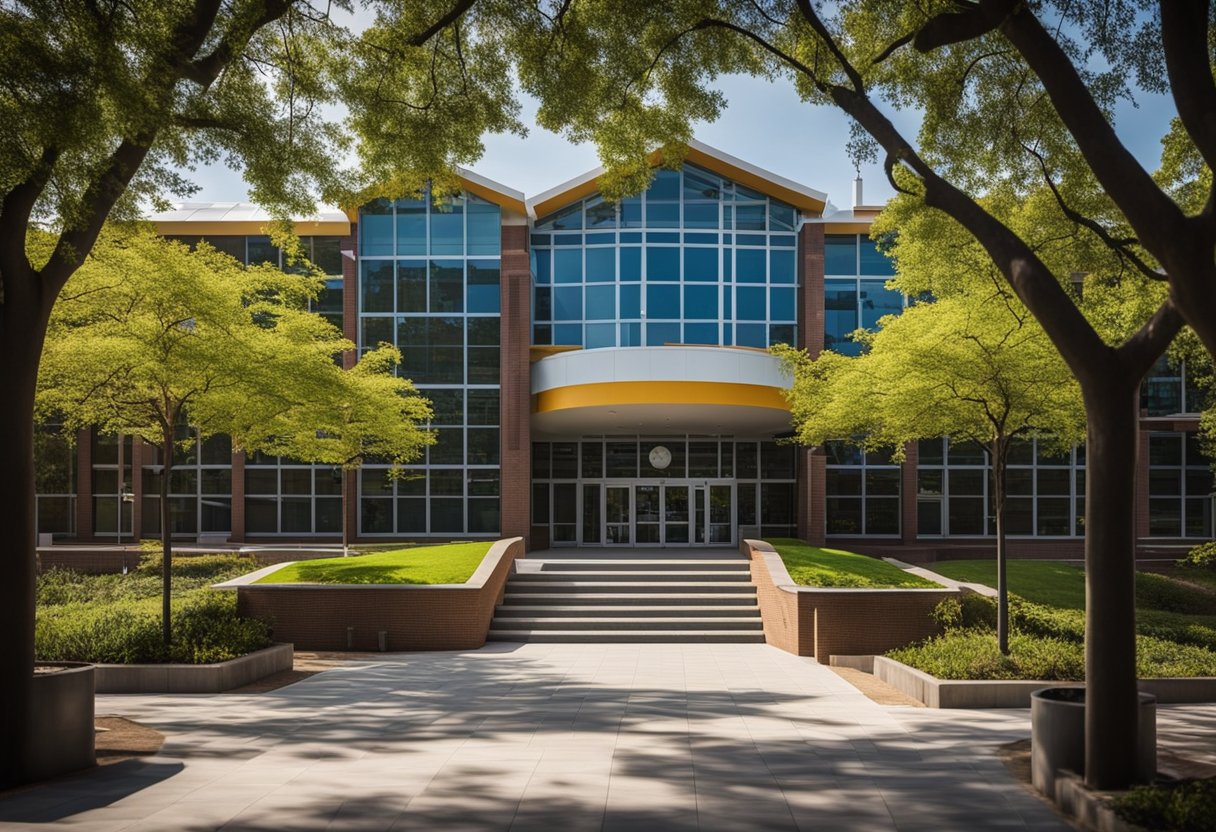
When considering private primary schools for your child, it is vital to understand the educational framework and opportunities they offer. These include rigorous curriculums, specialized programs, ideal student-teacher ratios, and a strong focus on college preparation.
Curriculum Comparison
Many private schools offer a comprehensive STEAM curriculum that integrates areas such as science, technology, engineering, the arts, and mathematics. This interdisciplinary approach ensures a well-rounded educational experience that fosters critical thinking and creativity. For example, schools like The New School in Fayetteville integrate this STEAM curriculum on a 26-acre campus, providing a dynamic learning environment.
Specialized Programs
Private schools often boost students’ academic and personal growth through specialized programs. These can range from advanced arts programs to immersion language studies. Arts programs are particularly beneficial as they encourage self-expression and can improve overall academic performance.
Student-Teacher Ratio
A lower student-teacher ratio means more individualized attention and support for your child’s educational needs. Top private schools might boast ratios as favorable as 7:1, as seen at institutions like Pingry School, enhancing one-on-one time and personalized instruction.
College Preparatory Focus
Private schools are well-regarded for their college preparatory focus, with many graduates going on to attend prestigious colleges. A structured K-12 education system in these institutions places a strong emphasis on academic success and the cultivation of the knowledge and skills necessary to excel in higher education.
By exploring these aspects, you can determine the best fit for your child’s education in terms of academic excellence and programs that private primary schools offer.
Community and Environment
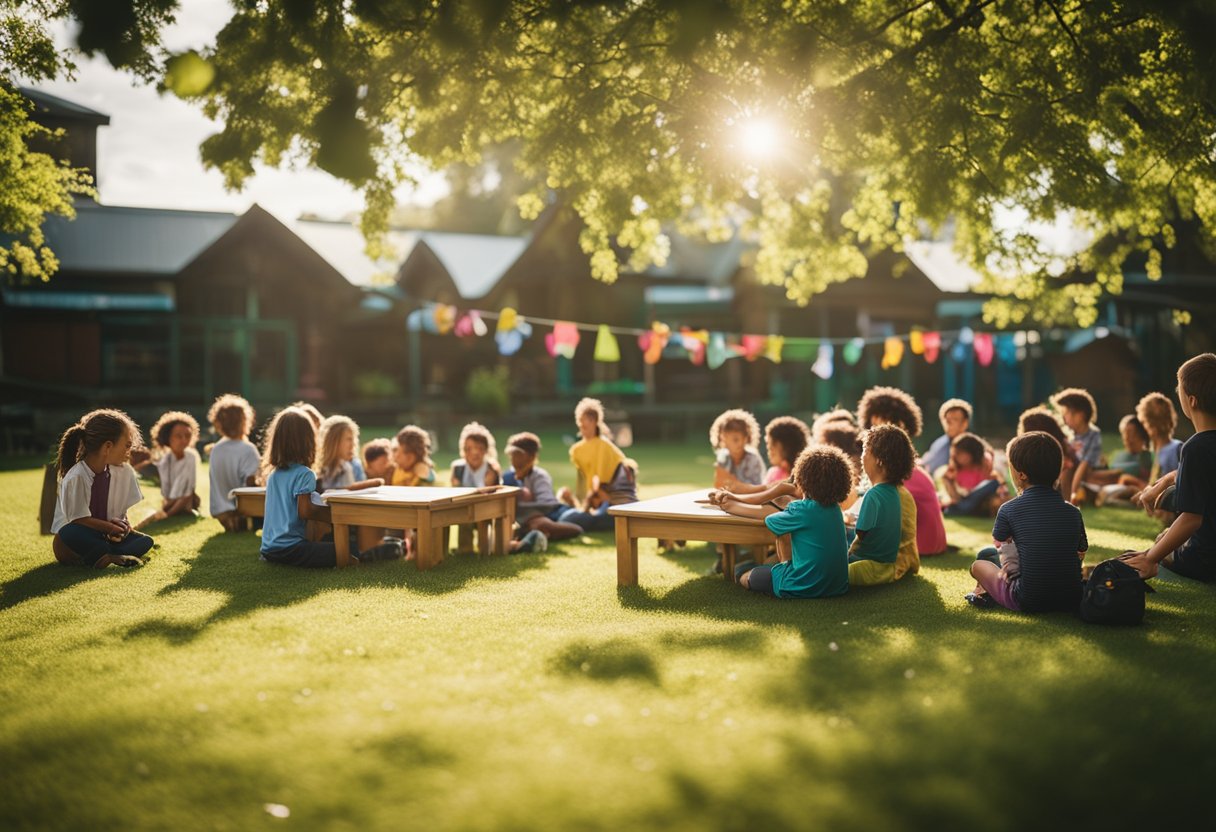
When you’re evaluating private primary schools, the community and environment are pivotal. These factors can significantly impact your child’s educational experience and social development.
School Culture
Private primary schools often boast distinct cultures that emphasize specific values such as academic excellence, religious beliefs, or the arts. You’ll find that schools like the Conchita Espinosa Academy foster a nurturing environment that supports individual student growth both academically and personally.
Alumni Network
The alumni network of a private primary school can be a powerful entity, fostering lifelong relationships and professional connections. This network can be an invaluable resource for your child as they progress through their educational journey and into their career.
Parental Involvement
Private primary schools encourage a high level of parental involvement, which has a direct correlation with student success. As a parent, you’ll have opportunities to participate in school events and decision-making processes, creating a collaborative community for your child’s education. Schools in locations like Lincoln, NE, for example, integrate parents into the school community through various activities and associations.
Religious and Value-Based Education
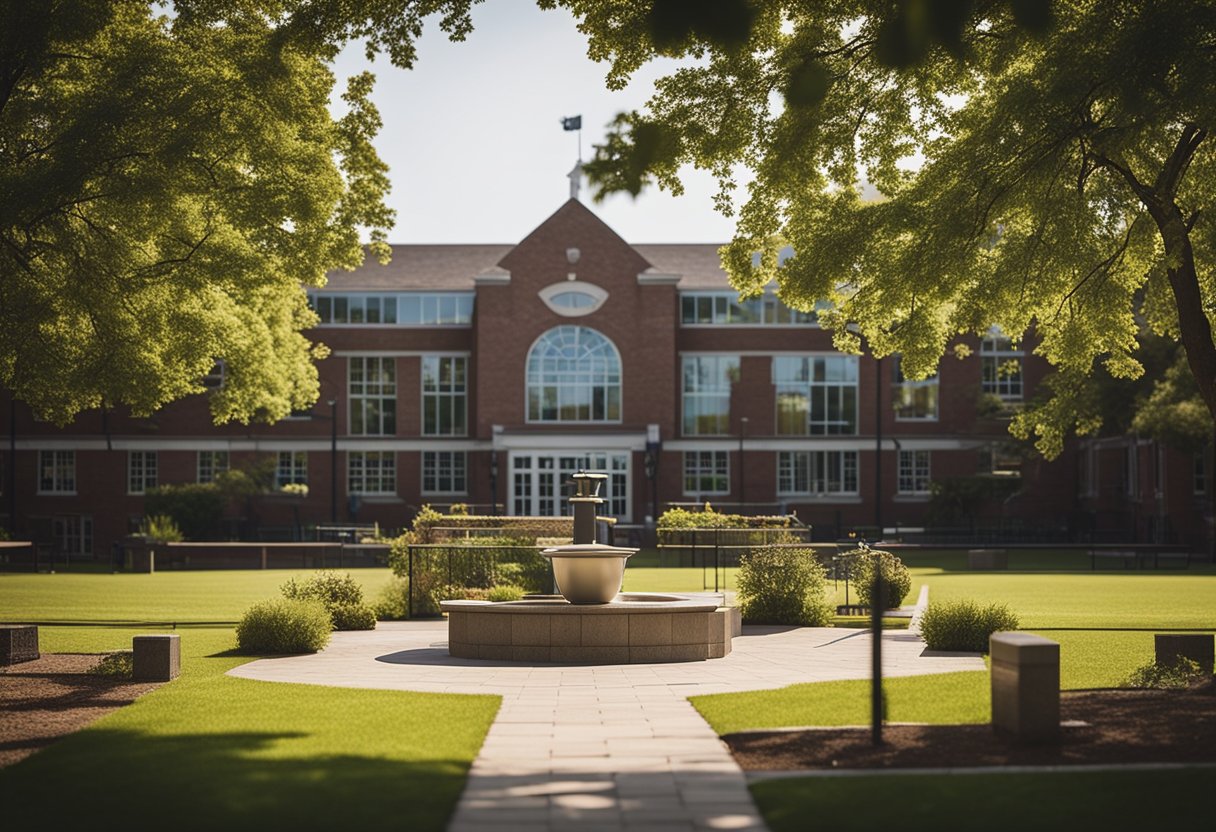
Religious and value-based education offers a unique blend of academic rigor and spiritual development. Such institutions are designed to instill moral values alongside a strong educational foundation.
Christian and Catholic Schools
Christian schools, like The Village School and Saint Thomas’ Episcopal School, provide an environment where educational pursuits are coupled with Christian values. At Christian schools, you might encounter a curriculum that weaves faith into everyday lessons and often includes biblical studies. For instance, The John Cooper School integrates a worldview based on Christian values while maintaining a diverse and inclusive atmosphere.
Christian schools specific to denominations, such as Baptist, might offer distinct traditions and teachings that reflect their denomination’s practice and belief.
Catholic schools, including Duchesne Academy of the Sacred Heart, are grounded in Catholic tradition and focus on community service, character building, and faith-based education. In these schools, you typically find a strong emphasis on the Catholic faith through regular Mass participation, religious studies, and community outreach.
Other Faith-Based Institutions
Beyond Christian and Catholic options, other faith-based institutions offer a focus on religious teachings and culture. Schools like The Awty International School provide a global perspective, often including multiple languages and cultural studies, within a framework that respects a variety of religious backgrounds.
Institutions like The Kinkaid School might offer a non-denominational approach, giving you freedom in religious expression while supporting moral and ethical learning.
These schools, while diverse in their affiliations, share a commitment to developing strong character, ethical leadership, and academic excellence within a spiritually aware environment.
Frequently Asked Questions
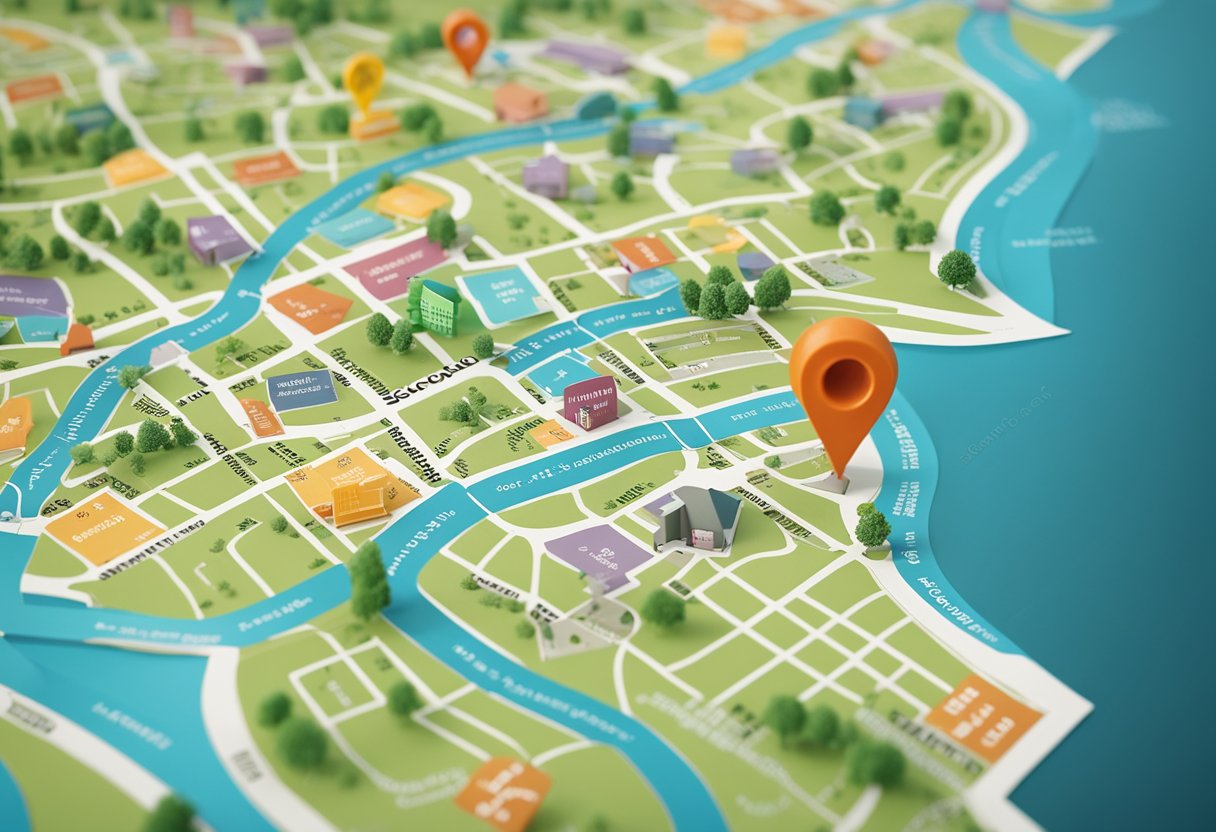
When considering private primary schools, it’s essential to evaluate factors such as curriculum, class size, extracurricular activities, and the application process to ensure that the school aligns with your child’s needs and your family’s educational goals. The benefits of private education can also play a significant role in your decision-making.
What factors should I consider when choosing a private primary school?
You should look into the school’s accreditation, the qualifications of the teaching staff, the school’s educational philosophy, and the level of parental involvement that’s expected. Additionally, consider the school’s location and the cost of tuition to determine if it’s a viable option for your family.
How do the curricula of private primary schools compare to public schools?
Private primary schools often offer specialized programs with unique educational approaches such as Montessori, Waldorf, or the International Baccalaureate (IB) Primary Years Program which you might find at schools like Sunnybrook School. These curricula might emphasize a global perspective or creative thinking more heavily compared to the standard curricula used in public schools.
What is the typical class size in a private primary school?
Class sizes in private primary schools tend to be smaller, which allows for more individualized attention for each student. This can enrich the learning experience and provide more support where needed.
Can you provide information on the extracurricular opportunities available at private primary schools?
Extracurricular activities at private primary schools can include a wide range of options from arts, music, and drama to sports and technology clubs. Private schools often have the resources to offer distinctive programs that cater to diverse interests.
What are the steps for applying to a private primary school?
The application process for a private primary school usually involves a tour of the school, an application form, entrance assessments, and sometimes an interview. It’s essential to start this process early since many private schools have limited places and competitive enrollment.
What are the benefits of sending a child to a private primary school?
Private primary schools offer a variety of benefits such as enhanced security measures, more resources for health and safety, and often more intimate learning environments. They may also have improved facilities and more personalized educational experiences as mentioned in Kin Unplugged.
